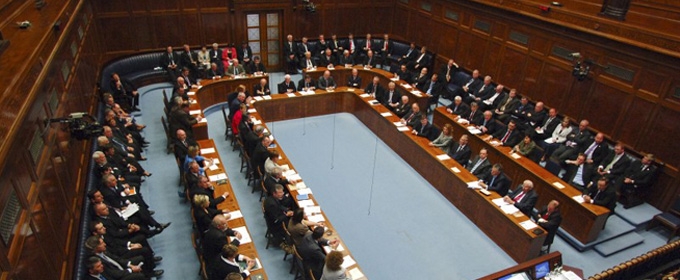Government
Much more can be done by the Indonesian Government to curb the declining population of the Proboscis Monkeys. From lessons learnt in the case study of the local extinction of the proboscis monkey Pulau Kaget Nature Reserve, is shows that there is a real need for the revision of the legal framework, Reorganisation and better technical training of the responsible institutions to handle proboscis Monkeys.
On average, considering that proboscis monkey groups travel 500 m of riparian forest daily, and 800–2,000 m in mangrove forests, Governments should implement a minimum of 500 m of the riverbank forest to be protected for the successful conservation of one proboscis monkey group. This also has the benefit of reducing the rate of sur-face runoff and soil particle erosion, which in turn reduces pollution in nearby rivers. Therefore, a forest concession bordering the habitat of proboscis monkeys should be implemented to preserve the quality of habitat for the proboscis monkeys.
Education and awareness campaigns could also be pioneered by the Government. A revision of policies to better integrate both development and conservation followed by further expansion of protected areas/ Nature Reserves are also some more things the Indonesian Government could look into, to aid in the conservation of the Proboscis Monkeys. (cf. Rijksen & Meijaard, 1999).
Consumers (Us)
On our part as consumers, we could support sustainable behaviour from suppliers, by choosing only to purchase from them when accredited by a proper conservation body. For example the Non-Governemntal Organisation the Round Table on Sustainable Palm Oil (RSPO)
In 2008, the RSPO developed a set of environmental and social criteria which member companies must comply with in order to produce Certified Sustainable Palm Oil (CSPO). When they are properly applied, these criteria aim of reduce negative effects on the both the natural environment and societies.
One of the most important RSPO criteria prevents the clearing of primary forests, areas with substantial levels of biodiversity (e.g. endangered species) , sensitive ecosystems, or areas which are essential to meeting fundamental or traditional cultural needs of local communities.
Non-Governmental Organisations (NGO)
Research from studying the extinction of the Proboscis Monkeys have shown that leaving only the Government to take action in conserving this species is never a wise choice. NGO’s must work together with the government. Drawing inspiration from the Orangutan Survival Programme (Rijksen & Meijaard, 1999), in which a dedicated, well-financed and fully mandated conservation body coordinates the work of proper authorities, local governments and other non-governmental organisations and even businesses and international donors, with the sole aim of conserving a species and its habitat. (Meijaard, E. & Nijman, V. , in press )

